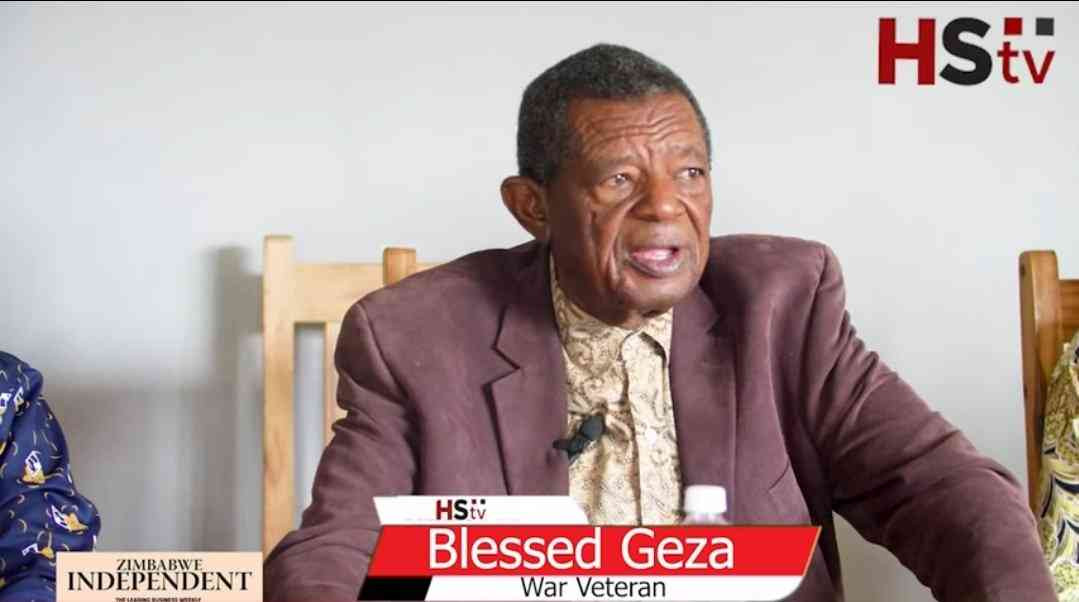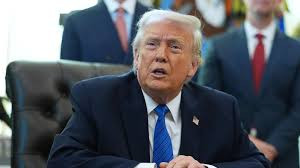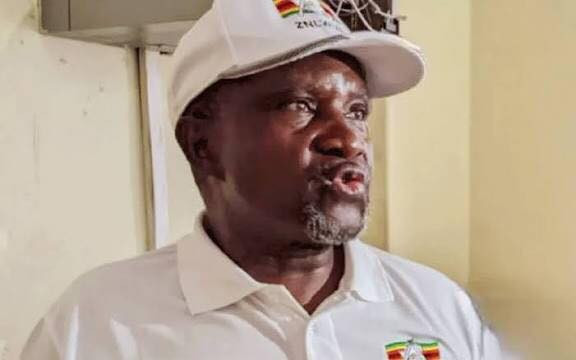
AUGUST is heroes month, and interestingly, Zimbabwe will be undertaking an exercise that many men and women sacrificed their lives and limbs for. Unfortunately, under very undemocratic conditions.
“What some of us are fighting is to see this oppressive system crushed. We don’t care whether; I don’t even care whether I will be part of the top echelon in the ruling (class). I’m not worried, but I’m dying to see a change in the system. That’s all, that’s all. I would like to see the young people enjoying together, black, white, enjoying together in a new Zimbabwe,” is what the late liberation war hero Josiah Magama Tongogara said a few years before independence.
The most senior guerilla leader of the liberation struggle did not live to see the new Zimbabwe which he fought for.
He died in a car accident on December 26, 1979 while coming from Mozambique to prepare for the first independence general elections of March 1980.
Tongogara was not an ordinary guy. He was among the general command of the Zanu’s military wing, the Zimbabwe African National Liberation Army (Zanla). He also sat on the Dare Rechimurenga, Zanu’s top leadership which planned and executed the liberation struggle. Currently, only one member of the Dare Rechimurenga is alive – Rugare Gumbo — though now at the periphery of Zanu PF politics.
It is important to break down what Tongogara meant by the phrase “oppressive system”. Rhodesia, Zimbabwe as it was known then before independence, was one of the two colonies in Africa which were named after the “great” British imperialist — Cecil John Rhodes. In fact, for the first 30 years, since its occupation in 1890, Rhodes’ private company — British South Africa Company (BSAC) — plundered resources under the flag of Britain.
In October 1922, Zimbabwe was given an opportunity to either establish a responsible government or join the Union of South Africa. The almost all white voters overwhelmingly voted for the former.
The BSAC did not have to follow any rules. There were no laws. It could do as it pleases. Laws only came into being after the referendum of 1922 when the colony had its first Parliament.
The “oppressive system” was separate development. It was a form of apartheid. People had to live in racial groups. Non-white people had limited opportunities in schools or workplaces and, in many situations, there was a glass-ceiling to what an African can be in the workplace. Salaries and wages were based on one’s skin colour.
Votes by people of colour weighed less than votes by whites. And for many blacks, they did not even qualify to be on the voters roll. They were perpetual minors and decisions for the running of the country were invariably made by whites only.
This was the system which Tongogara was referring to. A system which he wanted abolished. A system based on race that he abhorred. Blacks fought for equality of opportunities, fair treatment, get back their ancestral land and to participate in the governing of their country through one man one vote principle or universal suffrage.
It is quite shocking that Zanu PF does not respect the values they vote for. It does not believe in universal suffrage. At every turn, voters are disenfranchised. If they manage to be on the voters rolls, they are not given an opportunity to freely choose their leaders. The current political violence as we get ready for the August 23 elections is telling.
A Zanu PF party membership has become the new “white”. It gives one a pass or privilege to access government aid; a chance to get a job in the civil service; and a chance to own a piece of land or even get free agricultural inputs. Zanu PF has fallen into the trap of white-mimicry that Frantz Fanon wrote about in The Wretched of the Earth. Zanu PF leaders are merely seeking to replace the whites/colonists.
It is the same Zanu PF membership card and proximity to the political elites which has become a path to riches through government tenders and being middlemen. This is not what the war of liberation was about, nor was it based on the attitudes exhibited by some leaders with a phony history in the liberation struggle.
As we remember the men and women of valour who fought in the liberation struggle and had clarity of thought about the new Zimbabwe, it is important to go back to the basics. It is important that we ask the questions: Why was the struggle fought and what values united the people?
It is a fact that the liberation fighters died for principles of socialism, a strong belief that every citizen — despite their station in life or circumstances of their birth — has a fair chance in life. It was the belief that those who work should receive a fair wage for their labour; they could have a pension in their old age and be able to have their children go to public schools for an education and public health facilities when they are ill.
It was not that the rich should live separately from the poor. It was not that public services should be privatised and that the class system should be restored. Tongogara and Herbert Chitepo are turning in their graves — they did not fight for the promotion of neoliberalism as promoted by Zanu PF today.
They fought for human dignity. They fought for the right of Africans to freely choose their leaders. They fought for a system whereby the government of the day should provide social security to its citizens. Unfortunately, this remains a distant dream in the present circumstances, 43 years after independence.
It, therefore, becomes imperative that as we remember our heroes and heroines this month, we should make a recommitment to the values and principles they fought for. We should have peaceful elections in which political parties contest on the basis of their plans to improve the lives of the majority poor. Let’s reflect on the lyrics of the song: Nzira dzemasoja.
Paidamoyo Muzulu is a journalist based in Harare. He writes here in his personal capacity.











